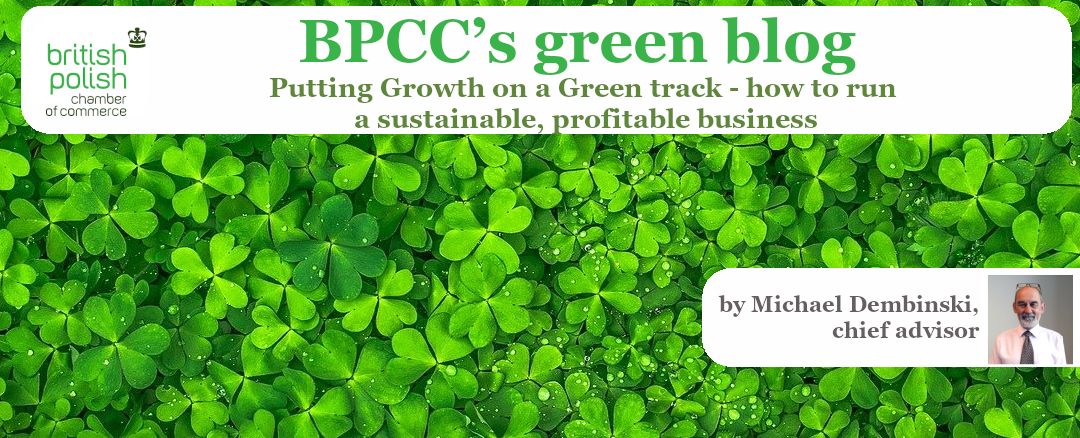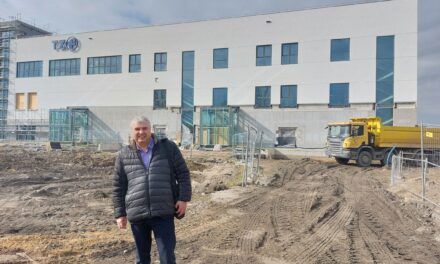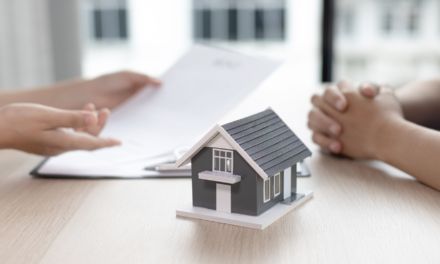The Green Blog, by Michael Dembinski
It is increasingly clear, looking at the science, that many aspects of the current economic model are entirely unsustainable from the point of view of climate-change threat. Our current patterns of consumption have led to a situation where the wealthiest 10% of households on our planet – and that means you and me – generate between 34 and 45% of all greenhouse-gas emissions (depending on how you calculate it).
This year’s Carbon Footprint Summit, held in Kraków on 6-7 October, looked at the measures businesses are taking to adapt to a new economic model.
It is clear that some businesses can – and indeed should – grow in face of tough restrictions; but this depends on sector. A firm like Columbus Energy, the main sponsor of the event, a firm engaged in bringing renewable energy to individual consumers and corporate users alike, has unlimited scope for growth. Every panel array it installs is moving the planet in the right direction. Firms with a clean conscience about their products’ carbon footprint, right down the supply chain, can also plan for expansion. Healthcare as a sector is also set for growth.
But listening to the presentations and panel discussions, it is clear that green transformation will have its losers – firms whose products and services are not doing the planet any favours.
The economic model that we have inherited is driven to a great extent by our mammalian imperative to form status hierarchies and then strive to reach the top. In today’s consumerist society, this is achieved by buying objects to project one’s place in the pecking order. Be this the purchase of a big new car every three years, or taking exotic holidays in distant destinations, the biggest emitters of greenhouse-gas emissions are people who have already met all their basic human needs in Maslow’s pyramid – they are neither hungry or homeless or cold.
Having achieved a life of comfort, they now strive for a life of luxury. This came home to me as I passed through the shopping mall to Kraków’s main station on my way back from the Summit. The multiplicity of shops selling goods that no longer cater for basic human needs, but are intended to project status.
I must say, had it not been for the escalating climate crisis, I probably would not have worried and gone on my merry way consuming so to say “look at me, I’m important and worthy of your respect, O ye lesser mortals.” I am not an enemy of consumerism and capitalism for ideological reasons – we are not born equal, and though equality of opportunity is vital to a healthy society, not everyone is as hard-working and focused as everybody else, and those in the workshy community should not expect the same status in society as those who do put in the hours and add the value. I’m no egalitarian, but our planet is now in peril, and we are the reason.
For several years I have been winding back my consumerist footprint. I’m not a car-owner since 2013; many of my clothes are second-hand, I’m a careful shopper; I recycle wherever possible and compost banana-skins, coffee grounds and everything else (food I don’t waste). I’ve not flown since March 2020. The pandemic has made remote work easier, so less travel, less commuting.
At conferences I attend, I am getting the flavour from HR managers and corporate leaders that employees’ priorities (especially the youngest ones) are changing.
Poland’s demographic high was in 1982, with around 700,000 births; by 2003 this had fallen to 350,000. When Poland joined the EU in 2004, it had the highest unemployment among all member states (over 20%). Today it is the second lowest (2.7%). When today’s 40-year-olds joined the labour market, they had to have sharp elbows to get up the career ladder. Today’s graduate entrants are seen as spoilt, choosy and hard to motivate. Their parents are no longer poor, life’s not a struggle. And yet depression is a bigger problem in society today than ever – even though communist repression has ended and everyone has access to the same range of consumer goods. Have we got too much? Having scaled the heights of Maslow’s pyramid, we’re all looking around and asking ourselves “what values should we place at the very top of it?”
We heard at the summit that the generation gap will lead to Poland’s workforce shrinking by 30% by 2050. The reality of that employers can feel today – the notion of ‘quiet quitting’ and the Great Resignation. I also expect the four-day working week to be a reality before too long. As we heard several speakers saying, time has become increasingly important, even at the expense of money.
I’ve written about the importance of living in comfort but not in luxury – knowing when to stop acquiring. Comfort means freedom from hunger, illness and fear – there is nothing noble about living in a freezing-cold house because you can’t afford to heat it. If you can’t afford to eat properly or heat your home because you spend so money on car that serves little more than a status symbol – then you need to sort out your priorities.
Cars are a massive contributor to greenhouse-gas emissions. Car ownership in itself is not the problem (even a car with a big engine that spends most of its time depreciating away in a garage) – it’s car use. Especially short-distance one-per-car commuting, when perfectly good public transport alternatives exist.
I would advise living a life with a smaller carbon footprint. Contentment with small joys that are not bought – not jetting around the world, ticking off landmarks from one’s bucket list. A daily walk, meditation, eating healthily, sleeping well with a clear conscience.
I believe that once our current crises, have been overcome, we will find ourselves at the dawn of a new set of breakthroughs in human understanding of the cosmos and human consciousness, of the fundamentals of physics and biology, which will rival the Renaissance and the Enlightenment as milestones on the path of human development.
A far richer inner life, surrounded by less of the gaudy baubles of consumerism. Things should be built to last longer, the wasteful and ever-changing nature of fashion (particularly in the automotive industry!) will be replaced by standards and classic designs that have stood the test of time, rather than novelties for one season or two.
Capitalism (I don’t like that word – I prefer ‘a free market regulated by a democratic society’) will be battered into a new shape by new consumer behaviours and needs. Would you rather spend €40,000 on a car that will last you five years, which you then sell for €10,000, or €60,000 on a car that will last you fifty years, and will still have a lot of life and value in it when you (or your heirs!) finally come to sell it? The circular economy will become a reality (maybe under a new name – who remembers that the online world was once named the ‘information superhighway’?).
Moving from growth to de-growth without mass unemployment is feasible in the long run, the only question is – whether we have enough time left.
Walk more – travel less – don’t waste food – make your consumer choices consciously.




























